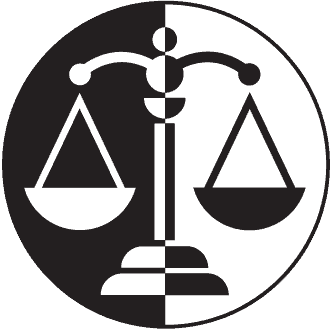What’s the most important estate planning document?
Most people think a Last Will and Testament is the most important estate planning document to get in place. While having a Will is certainly important and signing one enables you to determine how your assets will pass to your loved ones at your death, it’s not always the most important document, especially for people who hold most of their assets in accounts with a joint owner or designated beneficiary.
In my opinion, a Durable General Power of Attorney is the most important estate planning document you can, and should, sign. A Power of Attorney gives authority to someone else to handle your affairs for you if you become unable to do so. If you’re hospitalized temporarily or you become incapacitated by a stroke, or you’re diagnosed with dementia, your agent under a Durable General Power of Attorney can use your money to pay your bills and sign legal documents on your behalf. If you become unable to handle your own affairs and you haven’t signed a Power of Attorney, your spouse or family may not have access to your bank accounts or investments without initiating a court proceeding to have you declared legally incompetent and have the court appoint a guardian for you.
You can find free forms for a North Carolina Power of Attorney online, but should you use one? I’m sure you’re heard the old saying “You get what you pay for.” This is one of those times where that old adage rings true. A free form Durable General Power of Attorney may be adequate for certain limited purposes, but if you’re looking for a Power of Attorney for a spouse or aging parent, the free form Powers of Attorney will likely not allow you to engage in the types of asset transfers or estate planning necessary to protect the home or other assets in the event your family member needs long-term care. In order to use a Power of Attorney to transfer a house or make gifts of the person’s money, the document must have very specific language. You won’t find that language in the standard form Powers of Attorney available online. Sadly I’ve seen many Powers of Attorney drafted by other lawyers don’t even include the language necessary for the agent to be able to make transfers of the person’s real estate or money in order to help protect their assets and qualify for Medicaid. If you or a loved one needs a North Carolina Power of Attorney to protect assets from the cost of long-term care, don’t rely on a free internet form. Consult an experienced elder law attorney in North Carolina. Give us a call at 919-863-4183; we’re here to help.
Amanda Spence has been practicing Elder Law and assisting clients with Estate and Medicaid planning in Raleigh, North Carolina since 1995. If you need assistance with a Power of Attorney or other estate planning documents, contact Ms. Spence by telephone at (919) 863-4183 or by email at aspence@allenspence.com.

